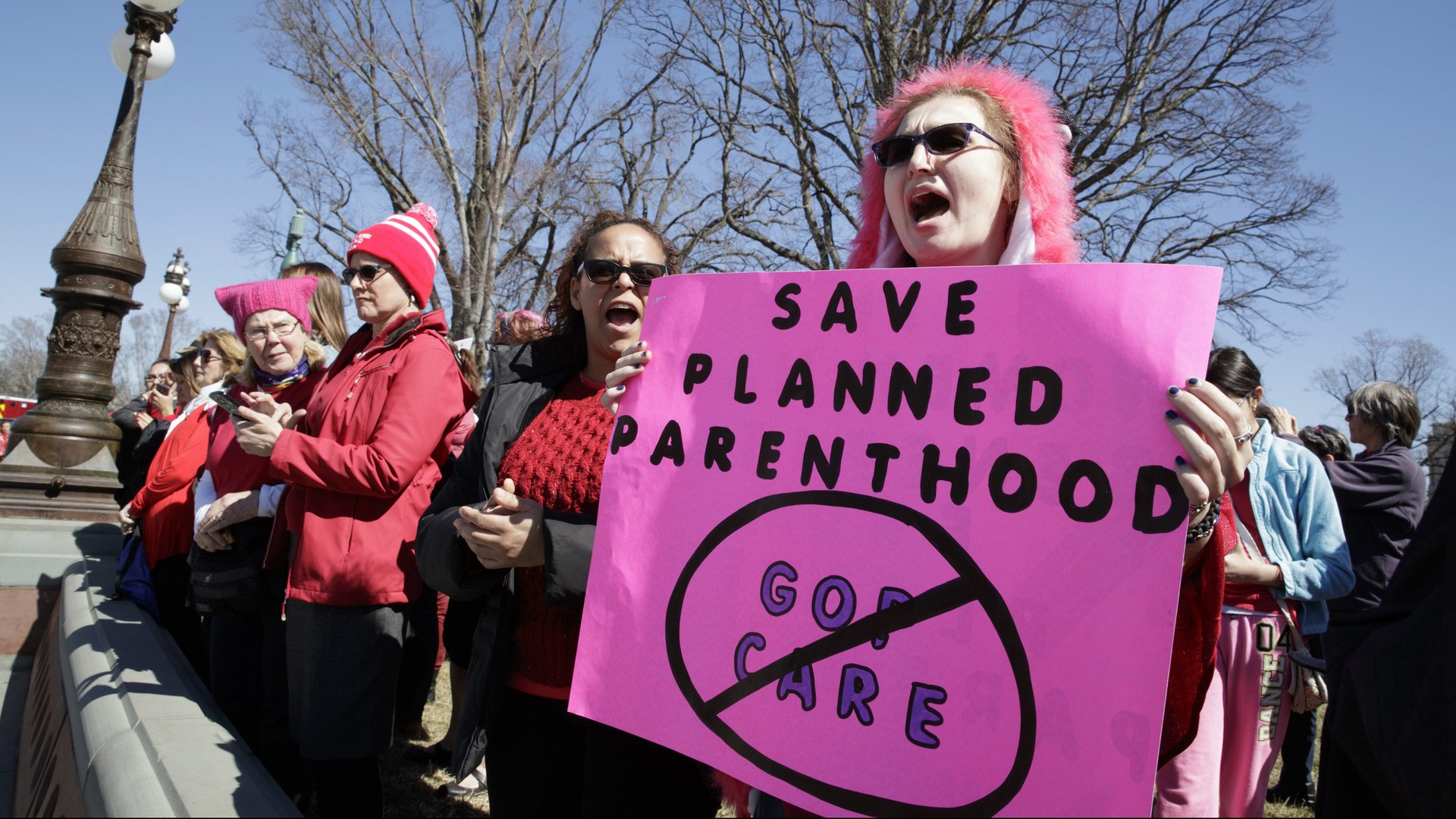The best and worst cities for reproductive care in the US
Reproductive rights might be under attack all over the US thanks to Trump White House policies, but because so many of the regulations on abortions and other reproductive services are ultimately decided at the state and city level, there are significant discrepancies across the country.


Reproductive rights might be under attack all over the US thanks to Trump White House policies, but because so many of the regulations on abortions and other reproductive services are ultimately decided at the state and city level, there are significant discrepancies across the country.
In a study released today (Oct. 18), the National Institute for Reproductive Health (NIRH), a nonprofit organization that works to expand reproductive rights at the city and state level, ranked 40 of the largest US metro areas by what they term “reproductive freedom”—the level of access residents of each city have to reproductive health services, and the support offered for these services offered by the city.
The study evaluates cities based on 37 policy indicators, including how much funding they provide for family planning services; how well they ensure access to reproductive care for undocumented immigrants; the level of support offered to pregnant youth; and the laws they have in place to ensure women can access abortion clinics.
No city received a perfect score, and it isn’t all that surprising which US cities ranked highest (pdf, p.2). Los Angeles, New York, and San Francisco also scored a 4.5 out of a possible 5 points to lead the group, followed by Chicago and Philadelphia, at 4.0 each.
The overall quality of reproductive care in US cities isn’t especially comforting, however: the majority of cities scored under 2.0.
Hartford, Connecticut scored surprisingly low; it was the only north-east city in the 1.5-scoring group. New York, which ranked highly—and has enforced pro-reproductive rights policies like its abortion clinic escort program (pdf, p.6)—also surprised in one aspect. Of the 40 cities assessed, New York was the only that funds so-called “crisis pregnancy centers”—institutions where pregnant women, often underage, are offered anti-abortion counseling.
Austin too stands out: Despite having to abide to Texas state regulations preempting support for abortion services, the city excelled when it came to funding and supporting coverage of all other reproductive health services, which earned it a score of 3.0.
At the bottom of the list is Jacksonville, Florida. The city does not protect abortion access, does not promote sexual education beyond abstinence, and does not have policies that protect workplace discrimination based on gender identity or reproductive health, among other failings.
Studying the state of reproductive rights at the municipal level is important, says NIRH’s president Andrea Miller, because in the current political climate, US cities have become strongholds of human rights. This sort of study can give cities a sense of best practices when it comes to protecting their residents’ reproductive freedom, and can help them identify areas where more work is required. Miller calls it a “city-based advocacy level,” and notes that “radical progress starts local—and that now is the time for cities to hold their own and protect their residents.”